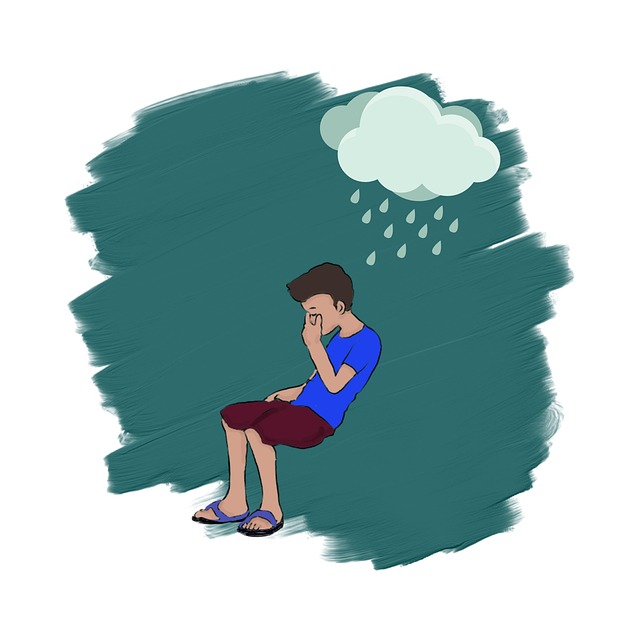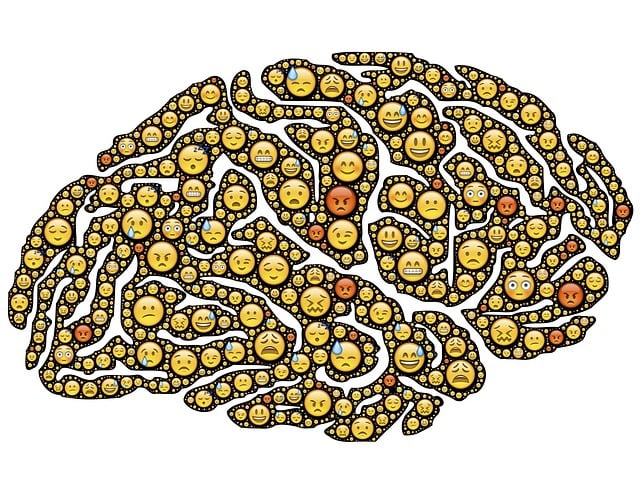Centennial Spanish Speaking Therapy leverages Resilience, Flexibility, and Mastery (RFM) principles to overcome mental health challenges and cultural barriers in diverse communities. By offering therapy sessions and workshops in Spanish, they create a safe space for clients to build confidence, adapt to adversity, and view challenges as growth opportunities. Evidence-based exercises like Mindfulness Meditation enhance emotional well-being and reduce stigma. Regular assessments and client feedback ensure the program's success, guiding the development of culturally tailored resilience strategies for optimal mental health support.
Resilience is a cornerstone of mental well-being, especially for marginalized communities. This article explores the implementation of RFM (Strengths, Resiliencies, and Facilitators) assessments and exercises in clinical settings, focusing on their role in fostering resilience among Spanish-speaking populations. We delve into the cultural nuances of Centennial Spanish Speaking Therapy, providing practical strategies for integrating RFM into therapeutic practices. By examining successful implementations and measurement techniques, mental health professionals can enhance their ability to support individuals in building durable resilience.
- Understanding RFM and Its Role in Resilience Building
- Centennial Spanish Speaking Therapy: A Cultural Approach
- Implementing Resilience Exercises in Clinical Practice
- Measuring Success and Continuous Improvement
Understanding RFM and Its Role in Resilience Building

Resilience is a key component of overall well-being, especially for individuals navigating mental illness and cultural barriers. Here’s where RFM (Recovery, Flexibility, Mastery) comes into play. RFM is a framework designed to empower people by fostering resilience, encouraging adaptability, and promoting a sense of control. In the context of Centennial Spanish Speaking Therapy, understanding RFM is crucial as it aids in creating tailored interventions for diverse communities.
By integrating RFM into therapy sessions and community programs like Stress Management Workshops Organization, Mental Illness Stigma Reduction Efforts can be significantly enhanced. This approach not only boosts confidence but also equips individuals with effective coping strategies to manage stress and adversity. Through RFM exercises, participants learn to view challenges as opportunities for growth, building mental fortitude and a sense of self-efficacy that transcends cultural and linguistic barriers.
Centennial Spanish Speaking Therapy: A Cultural Approach

Centennial Spanish Speaking Therapy offers a unique cultural approach to mental health support, particularly tailored for communities where Spanish is the primary language. This therapeutic model recognizes the importance of addressing emotional well-being within the context of an individual’s culture and linguistic background. By providing services in Spanish, therapists create a safe and accessible environment for clients to openly discuss their feelings, fears, and aspirations. Such an approach not only enhances mental health awareness but also fosters a deeper sense of trust and understanding.
The practice encourages emotional regulation techniques that resonate with the cultural nuances of Spanish-speaking individuals. Therapists may incorporate practices such as mindfulness, relaxation exercises, and positive thinking strategies adapted from traditional Spanish-speaking therapeutic traditions. This tailored approach ensures that clients can connect with their emotions in a culturally affirming way, promoting healing and growth while respecting and celebrating their heritage.
Implementing Resilience Exercises in Clinical Practice

Implementing Resilience Exercises in Clinical Practice at Centennial Spanish Speaking Therapy involves a strategic integration of evidence-based practices designed to enhance clients’ emotional well-being and promote mental illness stigma reduction efforts. Through tailored sessions, therapists facilitate activities such as Mindfulness Meditation, encouraging patients to cultivate present-moment awareness and coping mechanisms that build resilience against life’s challenges.
This approach not only equips individuals with effective Emotional Well-being Promotion Techniques but also fosters a sense of self-efficacy. By regularly incorporating resilience exercises into therapy sessions, Centennial Spanish Speaking Therapy ensures that clients develop the tools needed to navigate stressful situations, ultimately leading to improved overall mental health and reduced stigma associated with seeking therapeutic support.
Measuring Success and Continuous Improvement

Measuring Success is a crucial aspect of any resilience-building initiative, especially when tailored to a specific community like the Centennial Spanish Speaking Therapy population. By implementing regular assessments and collecting feedback, therapists can gauge the effectiveness of RFM (Resilience, Flexibility, and Mastery) exercises. This data allows for continuous improvement and ensures that the practices are aligned with the unique needs of this demographic. For instance, tracking improvements in clients’ ability to manage stress, adapt to changes, and maintain a positive outlook over time can provide valuable insights.
Additionally, incorporating Compassion Cultivation Practices and Self-Care Practices into therapy sessions can be measured for their impact on overall well-being. Observing reductions in symptoms of anxiety, depression, and other mental health concerns (Depression Prevention being a key focus) among Spanish-speaking clients can serve as strong indicators of successful interventions. These measurements not only help in refining the existing programs but also contribute to the growing body of knowledge on cultural-specific resilience-building strategies, benefiting Centennial’s Spanish Speaking Therapy services in the long run.
The implementation of RFM (Resilience, Flexibility, and Mastery) exercises, as exemplified by Centennial Spanish Speaking Therapy, offers a culturally sensitive approach to building resilience in clinical practice. By integrating these strategies, therapists can create a supportive environment that enhances clients’ ability to navigate life’s challenges. Continuous improvement is key, as measured through ongoing assessment and client feedback, ensuring the effectiveness of resilience-building interventions tailored to individual needs.













